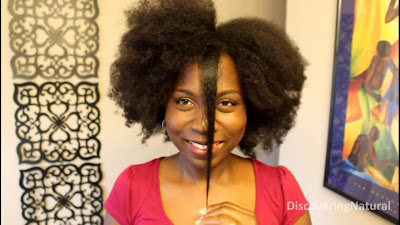Which Castor Oil is Better?
Castor oil and Jamaican Black Castor Oil (JBCO) are both derived from the castor bean plant, but they have some key differences:
1. Processing Method:
- Castor Oil: Regular castor oil is typically made by cold-pressing castor beans, which extracts the oil from the beans without using heat.
- Jamaican Black Castor Oil (JBCO): JBCO is made by roasting the castor beans before pressing them. This roasting process results in a darker, thicker oil with a distinct smoky scent.
2. Color and Consistency:
- Castor Oil: It is usually pale yellow to colorless and has a relatively thin consistency.
- JBCO: JBCO is dark brown to black in color and has a thicker, more viscous consistency.
3. Odor:
- Castor Oil: It has a mild, nutty odor.
- JBCO: JBCO has a stronger, smoky aroma due to the roasting process.
4. Benefits:
- Castor Oil: Regular castor oil is known for its moisturizing and conditioning properties for the skin and hair. It is often used in skincare, haircare, and as a laxative.
- JBCO: JBCO is believed to have similar benefits for the skin and hair, but some people claim that its thicker consistency and roasted properties make it more effective for promoting hair growth and treating certain scalp conditions.
5. Popularity and Cultural Use:
- Castor Oil: Regular castor oil is widely used around the world for various purposes, including medicinal and industrial applications.
- JBCO: JBCO is particularly popular in the Caribbean and among people of African descent for hair and skincare.
In summary, the primary differences between castor oil and Jamaican Black Castor Oil lie in their processing methods, appearance, aroma, and the perceived benefits, especially for hair and scalp health. The choice between the two may depend on individual preferences and specific beauty or health goals.




Comments
Post a Comment